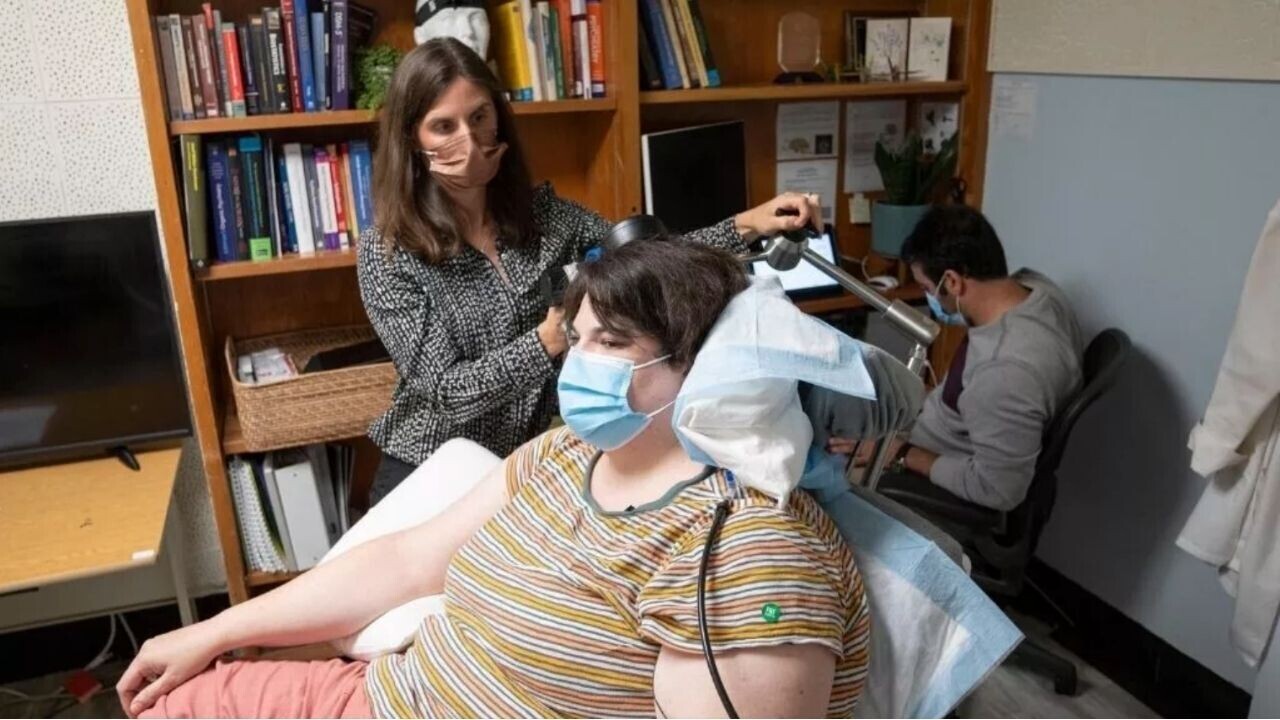
A woman with severe depression says her life has transformed after treatment with an experimental brain implant.
The 36-year-old has been fitted with a system that’s been described as a “pacemaker for the brain.”
Researchers at the University of California, San Francisco surgically implanted the matchbox-sized device in the patient’s skull more than a year ago.
The system then began searching for neural signals of depression. Once these patterns were recognized, the device stimulated a different area of the brain circuit to relieve her mood symptoms.
Sarah, who asked to be known by only her first name, said the approach has had long-lasting effects:
Before I had the device, the emotions, the darkness were overwhelming. Now I just get up and I get on with my day. For me, the device has been an amazing blessing.
The system harnesses a technique called deep brain stimulation (DBS). The approach had previously proven effective at treating Parkinson’s disease and epilepsy, but success in treating depression had been limited.
A major barrier is that depression appears to involve various areas of the brain that differ between individuals.
The researchers overcame this hurdle by analyzing the correlations between Sarah’s mood and brain activity.
They discovered that a specific pattern of neural activity emerged when she became depressed.
They then customized the DBS device to only respond when it recognizes this biomarker. When this occurs, the implant sends electric pulses to the part of the brain that elicits a positive mood response from Sarah.
This stimulation “resulted in a rapid and sustained improvement in depression,” the researchers wrote in their study paper.
The team acknowledges that their approach has only proven to be effective on one patient so far, but their study may be a landmark moment in the treatment of depression.
Greetings Humanoids! Did you know we have a newsletter all about AI? You can subscribe to it right here.
Get the TNW newsletter
Get the most important tech news in your inbox each week.




